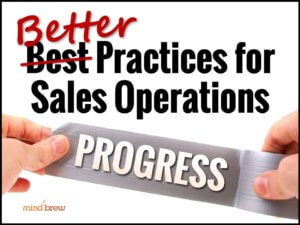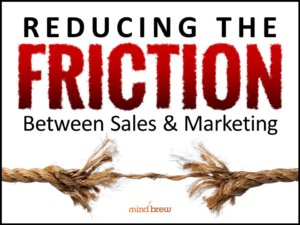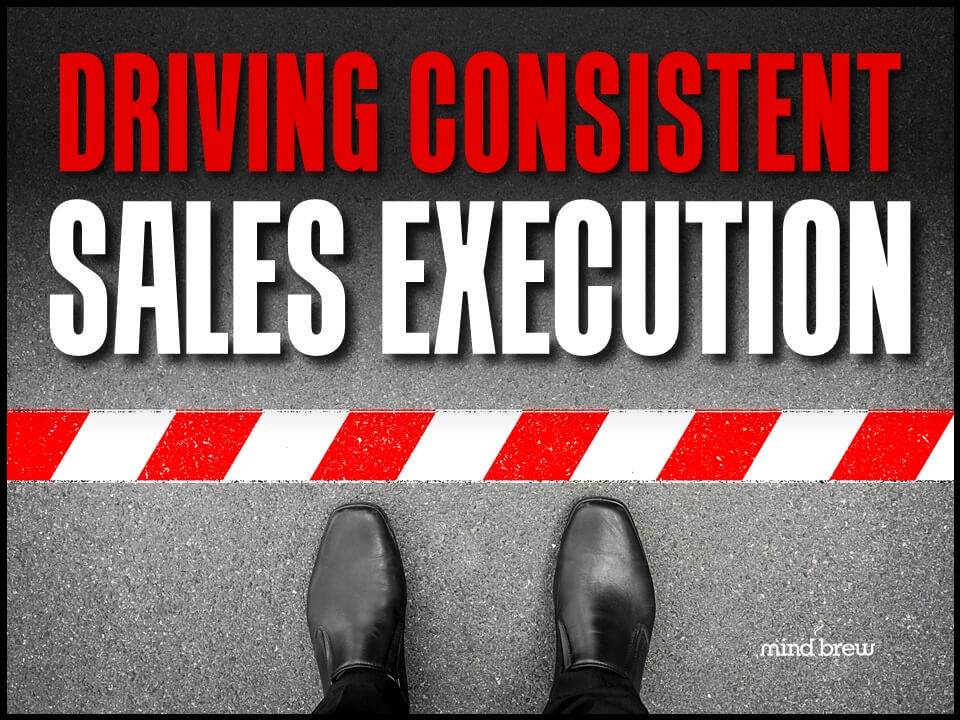These days it’s harder than ever to get people to agree on the facts.
In a society where everyone seems to be accusing everyone else of reporting “fake news” and government advisors are willing to use “alternative facts” to support their positions, it’s no surprise that people have become naturally skeptical.
That natural skepticism increases exponentially whenever we’re presented with facts that don’t line up with our opinions. If you need proof, the next time you eat lunch with co-workers, start a conversation where you mention scientific reports about human contributions to global warming, whether raising the minimum wage benefits the economy, whether vaccines cause autism, whether organic food is better for you, or whether most people can benefit from a gluten-free diet.
We’re kidding, of course. We don’t want you to talk about any of those things with your co-workers. We can tell you from experience that it won’t end well unless you know ahead of time that you all agree. People on both sides think that they are the ones with the real facts, and they are not going to change their minds.
You see, on some issues—particularly those related to politics, religion, or health—people tend to cling to their beliefs and opinions no matter what scientists and experts tell them.
Unfortunately, that mentality sometimes creeps into the business arena.
As sales ops professionals, we often find ourselves playing the role of the “scientist” or “expert” who has conducted a study that challenges some of management’s opinions. Maybe an executive believes very strongly in a particular product. Maybe he feels you need to be in a certain market. Maybe he thinks one special customer needs preferential pricing. In these cases, it’s going to be tremendously difficult to change his opinion by delivering the facts.
Compounding the problem, many executives feel skeptical about the value of sales ops as a discipline. Because it’s a relatively new function, fairly few members of management have experience in the field. And like everyone, they distrust what they don’t understand.
Sales ops folks don’t do ourselves any favors by repeatedly hammering home the numbers. Because most of us are “numbers people,” it seems obvious to us that people will change their opinions when confronted by the facts.
The truth is, the facts aren’t enough to change minds.
If you want to prove the value of sales ops and convince management to make strategic changes that will benefit your firm, you need to tell them a story. Give them context. Help them interpret the facts and figures. Don’t be afraid to offer suggestions for how the company could be doing better.
Here’s an example. Imagine that your company has always specialized in selling products to the financial services industry. In fact, your CEO used to work in the financial services industry before coming to your firm, and she is completely focused on the needs of that market.
But what if the sales data reveals that your product also has an unexpected use in the health care industry? By tweaking your product slightly and changing your marketing messages, you might be able to increase sales dramatically.
You have two options for providing this information to your CEO. Option one is the route most sales ops people take. You could simply report the numbers: “Sales to the financial services industry were flat this quarter, but sales to the healthcare industry rose 25 percent.”
At that point, the CEO might ask what percentage of your overall sales go to the healthcare market. When you honestly reply that it is less than 5 percent of total revenue, she’ll probably continue to focus on the financial customers.
But you could try option two: interpreting the numbers instead of just reporting the numbers.
You might start by saying, “The quarterly sales data has revealed an interesting new opportunity, and if we act fast to capture the market, we might be able to beat the competition.” Now you have the CEO’s interest. You can then provide the increased sales numbers, but back them up with context about why your product is a good fit for the healthcare market as well as additional data about the potential addressable market and the average deal size.
It’s not hard to see that this approach is going to be much more likely to influence the CEO’s behavior. And as a side benefit, it’s also more likely to leave her with a positive impression of sales ops.
We’re not saying that facts aren’t important—they absolutely are. But facts coupled with a good delivery can be much more powerful.
For more tips on how to boost your reputation and influence within your company, check out the express guide How to Boost the Perceived Value of Sales Operations. It explains four potential pitfalls you’ll want to avoid and nine strategies that other teams have used successfully.












